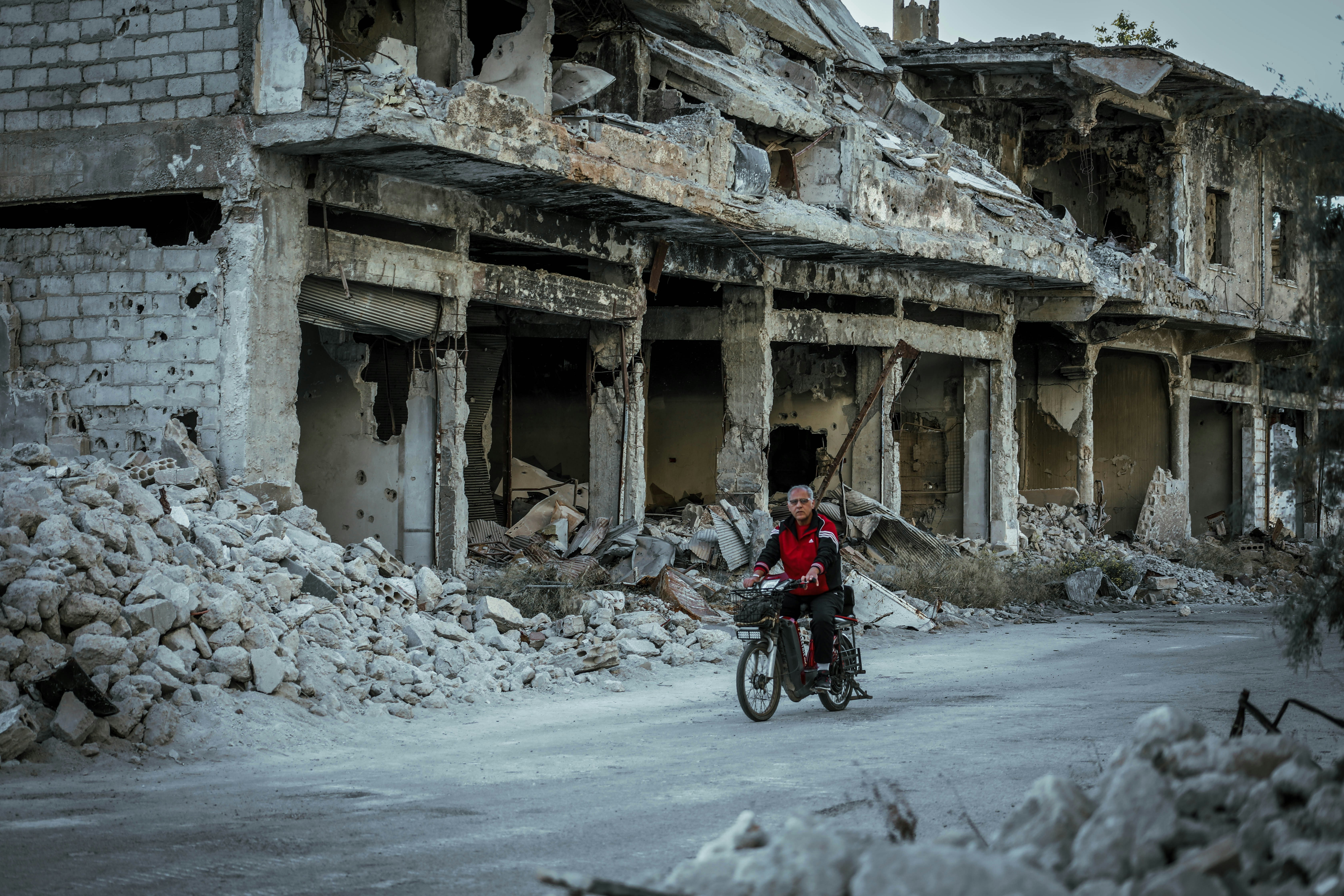The resumption of nuclear diplomacy between the E3 (France, Germany, UK) and Iran in Geneva is not occurring in a vacuum—it’s unfolding against a backdrop of rapidly rising military escalation. With the US actively weighing direct involvement in Israeli strikes on Iranian targets, this European diplomatic initiative signals less about optimism and more about institutional relevance.
The EU’s foreign policy chief and E3 ministers are not in possession of a breakthrough mandate. Instead, they are positioning themselves as the last credible channel between Tehran and Washington. This intermediary role is more than symbolic. As the only actors still able to engage face-to-face with Iran’s foreign minister, they provide a forum—however fragile—through which residual non-military outcomes can still be tabled.
Officially, the Geneva talks are a return to diplomacy. In practice, they may function as a containment effort. European frustration with Washington’s collapsed bilateral talks with Iran—particularly after Israel’s Operation Rising Lion—has prompted the E3 to reassert multilateralism. But this reassertion is pragmatic, not idealistic. It is about preserving European leverage before a possible escalation irrevocably sidelines civilian institutions.
The EU’s concurrent push at the IAEA board to censure Iran and lay groundwork for a potential UN Security Council referral signals that even as diplomacy is being reintroduced, punitive architecture is being pre-positioned. These dual tracks—negotiation and sanction reactivation—suggest an effort to signal credibility to both Iran and transatlantic partners.
The European posture now diverges sharply from US military deliberations. While Secretary of State Marco Rubio has remained looped into E3 coordination, the US is not party to the Geneva discussions. Iran has explicitly refused to engage bilaterally with Washington following the Israeli strikes, and Europe’s role has become one of de facto mediation.
But mediation without deterrence carries diminishing utility. Iran’s declared openness to diplomacy, paired with its call for E3 pressure on Israel, reflects a tactical recalibration—Tehran is using European channels to internationalize its victim narrative. Meanwhile, E3 frustration with American maximalist demands in previous talks—deemed unrealistic and strategically incoherent—further undermines unity among Western negotiators.
If diplomacy collapses again, the capital flow and institutional risk calculus shifts. European sovereigns, already exposed to energy disruptions and refugee spillovers, may find renewed volatility in trade, insurance, and eurozone credit spreads. Geneva’s engagement, however limited in ambition, keeps alive a procedural pathway that reduces the odds of immediate conflict spillover into continental markets.
More crucially, the prospect of a UN snapback mechanism being activated by the E3 before October 18—when the 2015 nuclear deal’s sunset clause hits—signals that sovereign actors are positioning to enforce red lines with or without full US participation. The snapback clause is not about short-term punishment; it’s about long-term legal scaffolding for trade and sanction continuity.
Europe’s return to Geneva is not a revival of optimism—it is a preservation of institutional posture under military shadow. The signal to Tehran is clear: escalation will not erase diplomatic accountability. But the signal to Washington may be sharper still—multilateral legitimacy still matters, even when deterrence fails. Let me know if you'd like a follow-up on IAEA compliance data or snapback timeline mechanics.
What the Geneva talks ultimately underscore is the precarious balancing act Europe now faces—not just between diplomacy and deterrence, but between institutional relevance and strategic marginalization. As Washington edges closer to kinetic involvement in the region and Israel continues its unilateral strikes, the window for a negotiated settlement narrows. Yet even in that narrowing, the EU and E3 are leveraging what remains: access, process, and procedural legitimacy.
This is not a revival of the JCPOA era but a holding action—one that seeks to delay full collapse of nuclear oversight while preserving optionality for sanctions reimposition under international law. Should snapback mechanisms be triggered before October, it will reflect less a diplomatic failure than a calculated policy realignment to contain proliferation risk amid war.
For institutional actors, particularly sovereign wealth funds and credit-risk allocators, this liminal phase matters. The durability of European engagement shapes the regulatory environment, sanction architecture, and capital exposure frameworks that underpin regional asset pricing and risk premiums.
Diplomacy in Geneva may not stop missiles. But it anchors a regulatory framework that, in times of chaos, becomes the blueprint for economic containment. That alone ensures the EU’s presence at the table remains strategically consequential—even if politically limited.















